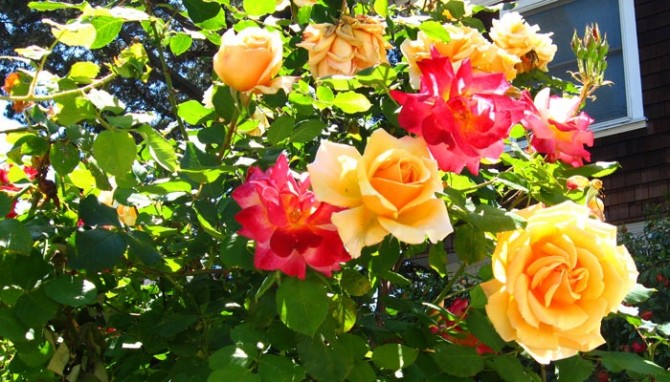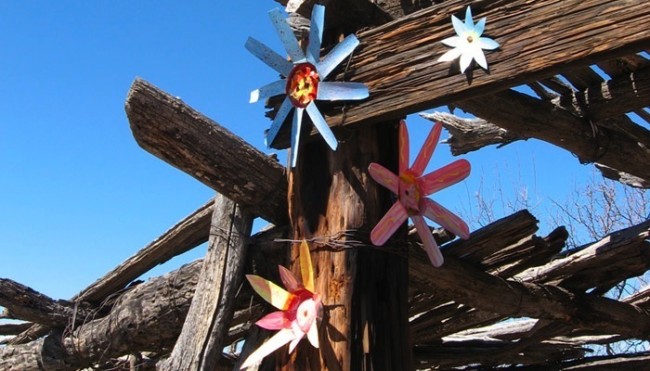Recently Michelle Bachelet, the first female president of Chile, visited California to sign an alternative energy pact and afterwards she spoke at UC Berkeley.
I was disappointed that we heard very little about the renewable energy agreement at the speech. Evidently that discussion happened up at the Berkeley Labs and not on campus as advertised. However, it was still exciting to hear her vision for Chile — despite my cynicism, I have to admit she said all the right things about equitable growth and social justice. There were a few times in the speech when I wondered if she might be persuaded to run our country, too! Her vision sounded more honest and insightful than anything I’ve heard from an American president in my lifetime. She may not be able to accomplish it all, but at least she is acknowledging some hard truths.
The ever-present crew of Berkeley protesters was outside, and they highlighted a particularly thorny issue: Bachelet is committed to pursuing clean, sustainable energy but she skirted around directly stating that developing energy independence may require unpleasant compromises. One of the more viable options for Chile involves building dams in Patagonia. While hydroelectric power is relatively clean and plentiful, damming destroys ecosystems and swallows up untold acres of land. In this case, the stakes are even higher: it will irreparably change a national environmental treasure.

 There’s an article in today’s San Francisco Chronicle discussing Stanford professor Robert Pogue Harrison’s new book, Gardens: An Essay on the Human Condition. From the article:
There’s an article in today’s San Francisco Chronicle discussing Stanford professor Robert Pogue Harrison’s new book, Gardens: An Essay on the Human Condition. From the article: There is something magical about the Sonoran Desert. Despite the scrubby bushes and monotonous sand, there is a quality to the people, the land, and the architecture that I have always loved. (This nostalgia for my childhood is not to be confused with actually wanting to live there!)
There is something magical about the Sonoran Desert. Despite the scrubby bushes and monotonous sand, there is a quality to the people, the land, and the architecture that I have always loved. (This nostalgia for my childhood is not to be confused with actually wanting to live there!)